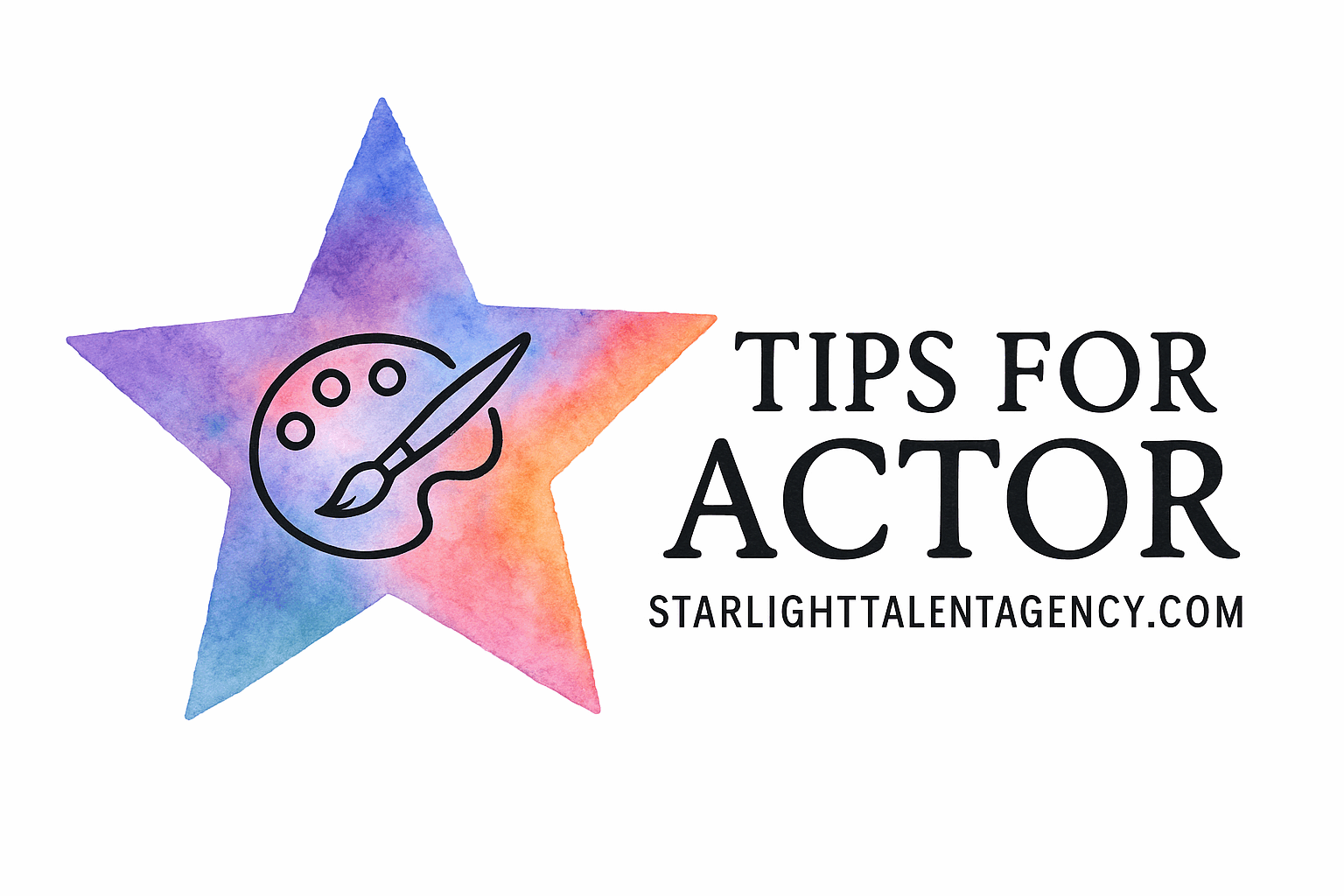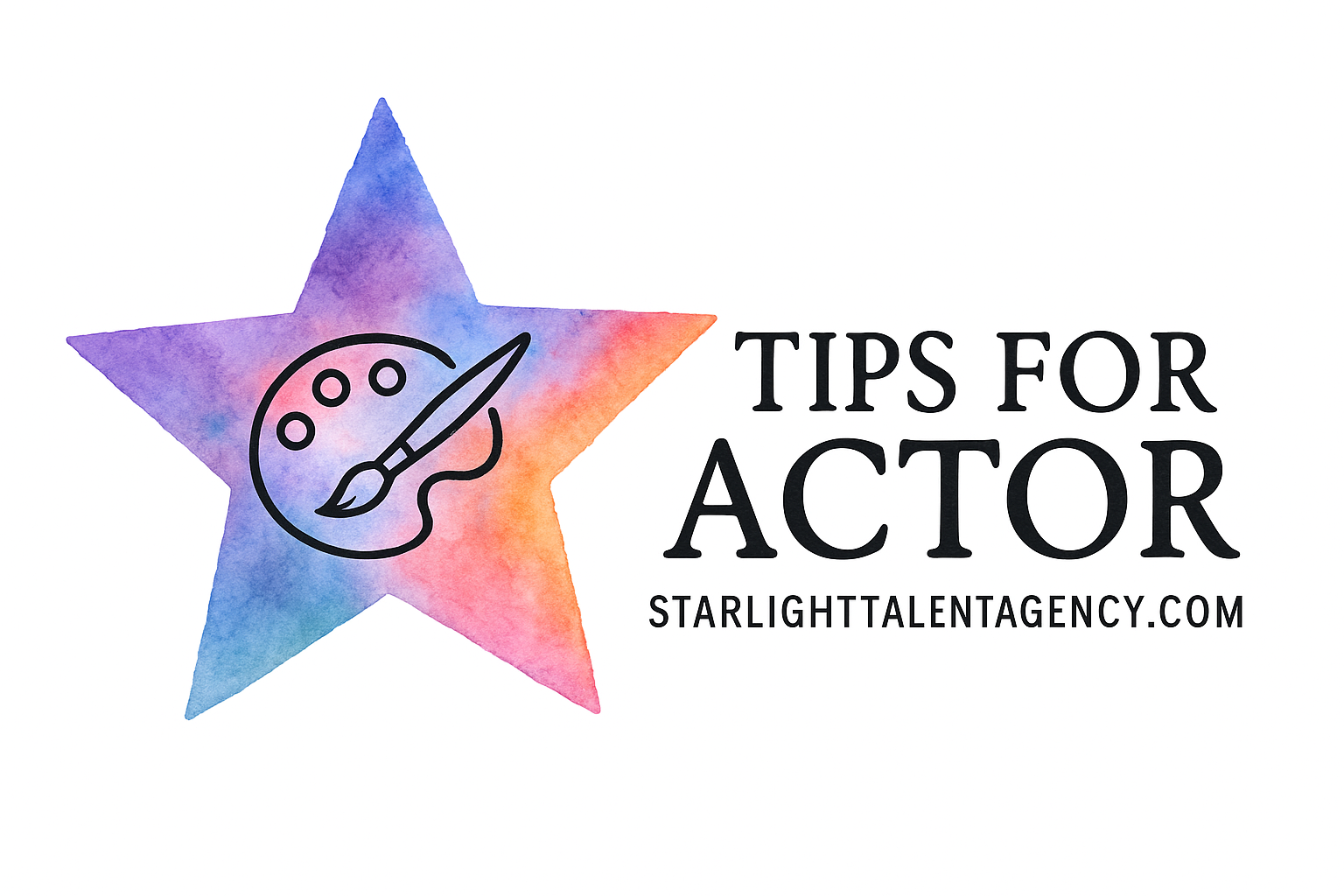Introduction: Your First Audition Can Make or Break Your Acting Path
Your first audition is like your first date with the film industry — exciting, nerve-wracking, and full of possibility. You walk into that room (or face that camera) hoping to prove your talent, but without the right mindset and preparation, even great actors can stumble.
That’s where coaching tips for actor success come in. Think of them as your cheat sheet to make every minute count — boosting your confidence, preparation, and on-camera presence so you stand out from the crowd.
Why Coaching Matters in Early Acting Auditions
When you’re new to acting, coaching isn’t just helpful — it’s essential. Acting coaches don’t just teach lines; they shape habits, mindset, and emotional awareness that define long-term success.
Understanding the Role of a Coach in Acting
A good coach is part mentor, part mirror. They reveal your blind spots, strengthen your delivery, and build the confidence you’ll need when walking into that first casting room.
How Proper Guidance Shapes Your Acting Mindset
Acting isn’t only about performance — it’s about perspective. The right coach helps you build resilience, prepare for rejection, and see every audition as a growth opportunity, not a test of worth.
Tip 1: Build Confidence Through Consistent Practice
Confidence isn’t something you “find”; it’s something you build. You don’t wait for confidence — you practice until it becomes second nature.
Confidence Is More Than Just Being Brave
It’s about believing that your preparation will speak for itself. Whether it’s a monologue or cold read, trust your instincts.
Simple Warm-Up Exercises to Boost Self-Trust
Try deep breathing, mirror exercises, and tongue twisters before your audition. These warm-ups help your body relax while keeping your focus sharp. For more structured routines, explore warm-up exercises used by professional actors.

Tip 2: Master Audition Preparation Basics
Preparation is your superpower. The more you know about your character, the more natural your performance becomes.
Researching the Role and Script Analysis
Break down the script like a detective. Ask: Who am I? What do I want? What’s in my way? For an in-depth approach, check audition preparation basics on Starlight Talent Agency.
Connecting with the Character’s Motivation
Don’t just memorize lines — feel them. Dive into the “why” behind every word. This emotional connection is what turns an average read into a memorable performance.
Tip 3: Develop Strong Character Development Skills
Your character is the soul of your performance. Explore methods on character development to create believable, multidimensional personas that captivate casting directors.
Why Depth Beats Perfection in Early Auditions
Directors are drawn to authenticity, not imitation. Be real, be human, and let your interpretation breathe life into the character.
Tip 4: Learn the Art of Taking Direction Gracefully
Feedback isn’t criticism — it’s collaboration.
Flexibility: The Hidden Skill Every Casting Director Loves
When a director gives notes, adapt quickly. It shows professionalism and emotional intelligence — traits every coach emphasizes in coaching tips for actor development. Learn more about taking direction effectively.
Tip 5: Perfect Your Self-Tape Mastery
The world of auditions has gone digital, and your self-tape is your calling card.
Creating a Professional Setup Without a Big Budget
Good lighting, a neutral background, and clear sound are non-negotiable. Check out self-tape mastery and self-tape setup for step-by-step guidance.
Tip 6: Sharpen Your On-Camera Acting Techniques
On-camera acting requires subtlety. Small gestures, controlled expressions, and eye contact matter more than exaggerated movement.
Understanding Angles, Energy, and Eye Lines
Your camera is your scene partner. Keep your eyeline natural and energy focused. Learn camera awareness through on-camera acting strategies.
Tip 7: Cultivate Emotional Expressiveness
Emotion sells authenticity.
Using Body Acting and Stage Presence to Tell the Story
Your body speaks before your mouth does. Study body acting and stage presence to elevate your physical communication.
Tip 8: Handle Acting Rejection Like a Pro
Rejection is part of the journey. Every “no” teaches you how to refine your “yes.”
Rejection Is Redirection — Build Resilience Early
Don’t take it personally — even top actors hear “no” daily. Explore acting rejection strategies to stay grounded and motivated.
Tip 9: Build an Acting Schedule and Stick to It
Consistency separates dreamers from doers.
Time Management for Continuous Improvement
Create a realistic acting schedule. Dedicate time for rehearsals, feedback, and rest. Momentum builds mastery.
Tip 10: Strengthen Your Acting Resume and Portfolio
A strong resume makes you look professional even before you walk in the room.
Show Your Strengths Without Overcomplicating
Highlight roles, workshops, and skills relevant to the audition. Check acting resume examples for clarity and format ideas.
Tip 11: Focus on Scene Work and Partner Collaboration
Chemistry brings scenes to life.
The Importance of Chemistry and Connection
Working with partners sharpens your listening and reaction skills. Dive into scene work techniques to build dynamic performances.
Tip 12: Keep Growing Through Coaching and Feedback
The best actors never stop learning.
Why Ongoing Training Keeps You Sharp
Even professionals revisit coaching tips for actor articles and sessions to polish their craft. Growth is a lifelong pursuit.
Common Mistakes Actors Make in First Auditions
Overacting, ignoring direction, and neglecting preparation are common pitfalls. Stay self-aware, humble, and open to learning.
Final Thoughts: Turning Audition Nerves into Opportunities
Nerves mean you care. Instead of fighting them, channel that energy into passion and focus. Every audition is another chance to grow and showcase your evolution as an artist.
Conclusion
Your first audition doesn’t have to be perfect — it just needs to be real. With these 12 quick coaching tips for actor success, you’ll walk in with confidence, adaptability, and authenticity. Remember, it’s not about impressing the room; it’s about expressing truth through your craft.
FAQs
1. What’s the most important thing before a first audition?
Preparation and confidence. Know your lines, understand your character, and walk in ready to listen and adapt.
2. How do I handle nerves before my audition?
Use breathing exercises, visualize success, and focus on the story instead of your fear.
3. Do I need an acting coach for my first audition?
Absolutely. Coaches accelerate your growth and help you avoid beginner mistakes.
4. What’s the best way to prepare a self-tape audition?
Invest in good lighting, sound, and background. Practice delivery until it feels effortless.
5. How can I stand out from other actors?
Be authentic. Bring you into the role — that’s something no one else can replicate.
6. How do I bounce back from rejection?
Remember: every “no” is practice for the next “yes.” Reflect, adjust, and keep showing up.
7. How do I continue improving after my first audition?
Keep training, join workshops, and revisit career growth resources to refine your craft.


